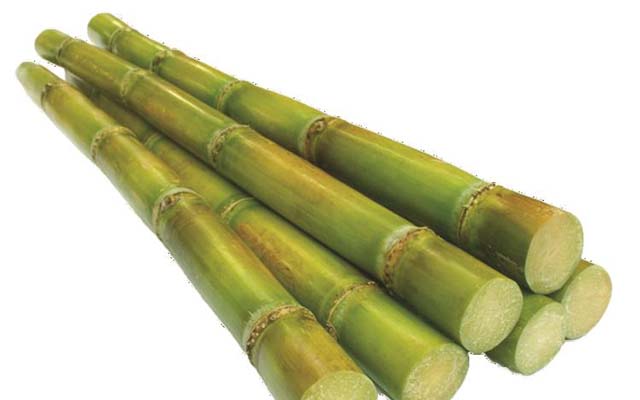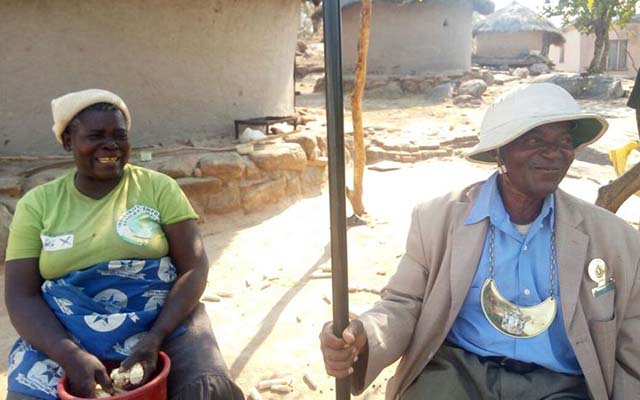‘Hippo sugar production up 7pc’

 Business Reporter
Business Reporter
SUGAR manufacturer Hippo Valley Estates Limited anticipates sugar production for the year to 2017 to reach an estimated 220 000 tonnes, an increase of 7 percent from prior year levels. Speaking on the sidelines of the company’s annual general meeting held in the capital yesterday, Hippo chief executive Sydney Mutsambiwa said total industry production for the coming year will range from between 379 000 tonnes and 440 000 tonnes.
Hippo accounts for nearly half of the total local production. Mr Mutsambiwa noted that construction work at the Tokwe-Mukorsi dam had re-commenced and as such it is anticipated that the dam will impound water during this coming rainy season. This will further mitigate irrigation water risk for the lowveld sugar industry.
“So we are saying from a production estimate point of view, we anticipate Hippo to produce between 180 000 tonnes to 220 000 tonnes of sugar for this coming year,” said Mr Mutsambiwa.
Sugar production for the year ended March 2016 slumped 11 percent to 204 000 tonnes against 228 000 in the comparable year due to a 15 percent drop in sugar cane deliveries from farmers and a general poor growing conditions.
Additionally 669 hectares of fallow land that was planned for replanting between January and March 2016 was left fallow due to poor rainfall in the 2015 /16 season.
Total exports for the year also came off 6 percent to 94 000 tonnes compared to an estimated 100 000 tonnes in the prior year on reduced production.
The International Sugar Organisation (ISO) predicts little improvement in sugar production in the whole of the Sub Sahara Africa region for 2016 due to drought in the region and its severe impacts on output.
However, management at Hippo is content with the current improvements in sugar supply, as local producers are meeting demand following import protection measures that were implemented.
“We are happy to advice we have been able to supply the domestic market entirely albeit the limited amount of industrial sugars that were imported into the country to meet local production shortfalls.
“We understand no (import) licences are being issued by the Ministry of Industry, we have no reason to believe there are leakages at the borders and we have not seen imported sugars on our shelves. Therefore it does appear the controls are indeed working,” said Mr Mutsambiwa.
Meanwhile, Hippo expects to cash in on the anticipated 1,5 percent annual growth in global sugar consumption, with most of this growth coming from low per capita consumption in developing countries.
ISO also predicts growth in sugar related companies in the region on the anticipated rise in consumption to 12,5 million tonnes by 2021.
“There is a huge opportunity for producers to aim at satisfying as much of that consumption growth from African origins,” said ISO adding other opportunities centre on diversification into green energy.








Comments